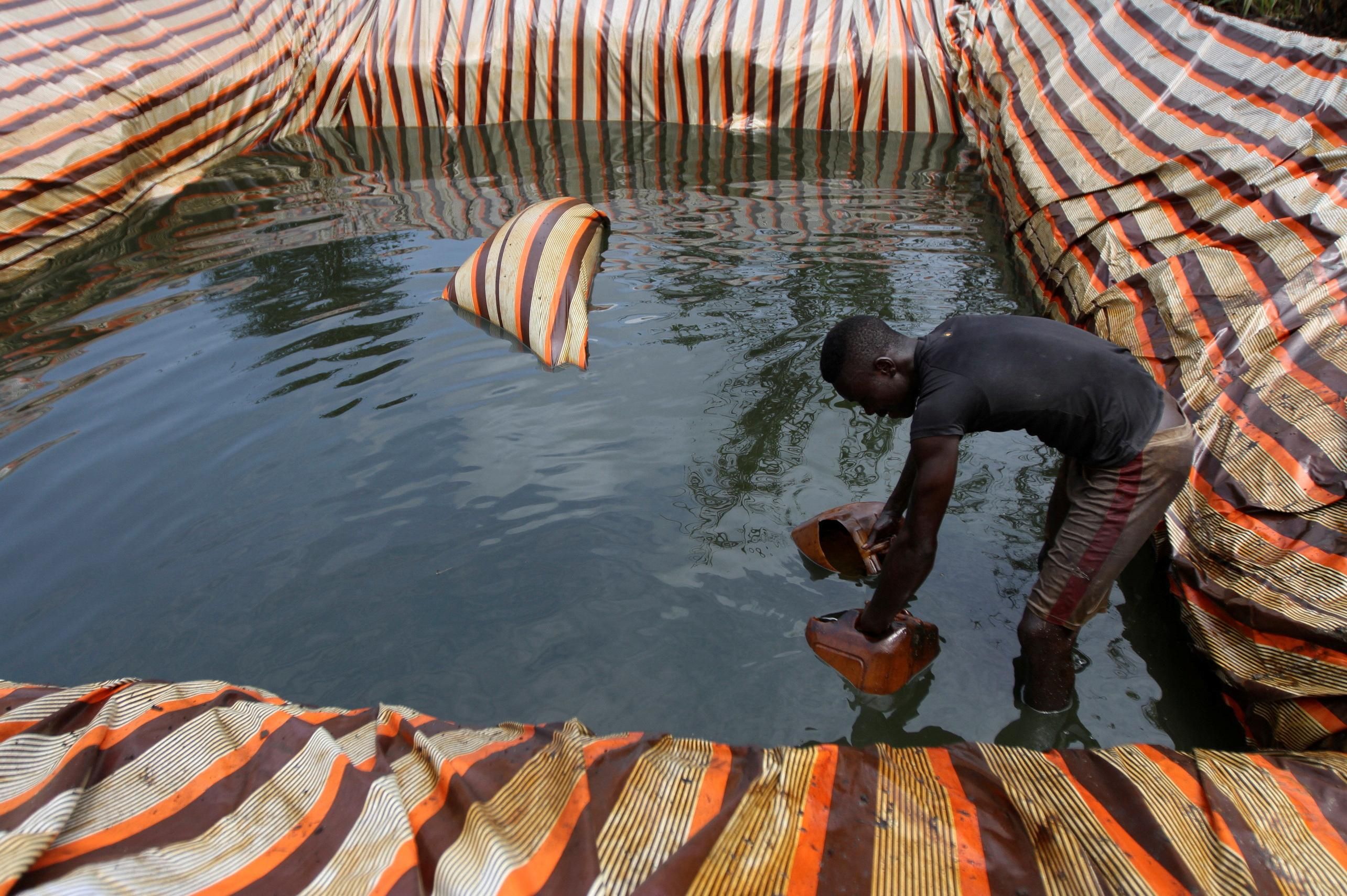32: Nigeria’s oil output has hit a 32-year low due to underinvestment in oil infrastructure as well as widespread crude oil theft by gangs and terrorists. Crucially, the country has been unable to capitalize on increased crude oil prices amid Russia’s war in Ukraine.
4: Four European states – Poland and the Baltic states of Estonia, Latvia and Lithuania – closed their doors to Russian tourists on Monday due to the ongoing war in Ukraine. Finland, which also borders Russia, opted out of the ban, saying it did not want to reject visas to Russians granted by other EU states under the Schengen zone agreement.
1.3 million: More than 1.3 million Puerto Ricans were without power Monday after Hurricane Fiona knocked the power grid offline. This comes almost exactly five years after Hurricane Maria landed in Puerto Rico, killing 3,000 people and destroying infrastructure, much of which has not been fully restored.
1: China’s health ministry told residents to avoid touching any foreigners after the first case of monkeypox was recorded in the southwestern city of Chongqing. This comes amid rumors that Beijing might look to ease its restrictive zero-COVID policy after the Communist Party holds its five-yearly congress next month.
